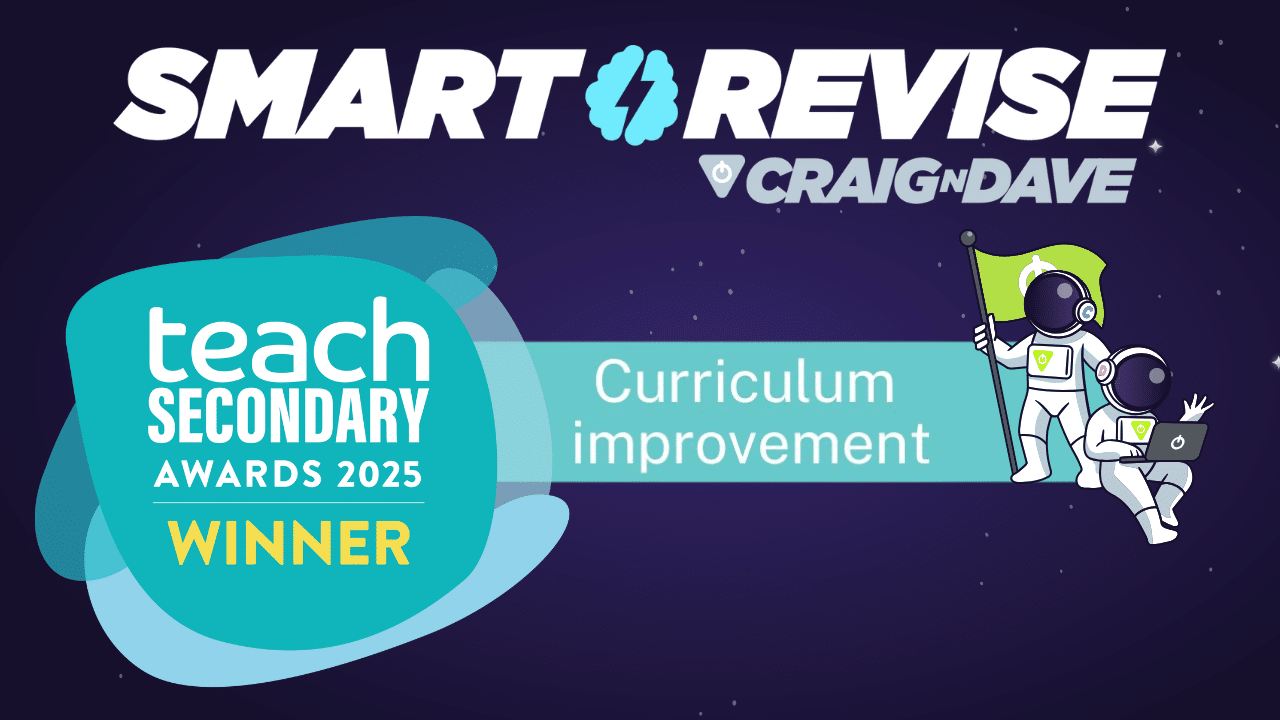
24 October 2025
On a busy Monday morning, teachers across the UK found themselves staring at error messages instead of lesson plans, thanks to a major outage at Amazon Web Services (AWS) on 20th October 2025. According to BBC News live reporting, over 500 companies were affected globally, with 400,000 reports in the UK alone. Platforms like Snapchat, Zoom, Duolingo, Roblox, Canva, and even HMRC were hit. Even Ring doorbells stopped working. And while not all services were down—Google and Meta platforms remained stable—the ripple effect was undeniable.
For educators, this disruption is more than a tech hiccup. It’s a reminder of just how deeply embedded cloud services are in our daily routines.
Schools and the cloud: a modern dependency
Today’s schools rely heavily on online systems to function smoothly. Email communication is essential for staff, parents, and external agencies, while cloud-based registration systems play a critical role in tracking attendance and safeguarding. Edtech platforms have become central to lesson delivery, homework submission, and student feedback. Even professional development and collaboration now depend on tools like Microsoft Teams and Google Workspace.
When these systems falter, the consequences are immediate and far-reaching. Teachers may find themselves unable to access registers, students locked out of learning platforms, and communication channels grinding to a halt.
Remembering the offline days
For many seasoned educators, today’s outage may have stirred memories of a time when digital reliability wasn’t a given. Back then, internet connections were so unpredictable that lesson resources were always saved locally—just in case. Paper registers were the norm and misplacing one could trigger a frantic search through the staffroom. Lesson plans were printed out, and interactive whiteboards were considered a luxury.
In those days, resilience was built into the system. Educators planned for failure because it was expected, and that mindset helped them adapt quickly when things went wrong.
The risk of reliability
Ironically, the very reliability of today’s systems has made us less prepared for their failure. We’ve grown accustomed to seamless access to everything—from student data to interactive quizzes—without giving much thought to what happens when the cloud goes dark.
This isn’t to suggest we should revert to outdated methods. The advantages of digital systems are undeniable. However, today’s outage serves as a wake-up call: contingency planning is not optional. It’s always useful to have a folder of printed and relevant activities for each year group.
The teacher’s challenge
When systems fail, it’s teachers who bear the brunt of the disruption. They scramble to adjust lesson plans on the fly, manage student expectations when tech-based activities suddenly become unavailable, and cope with the stress of disrupted routines and lost teaching time.
It’s not just inconvenient—it’s exhausting. The emotional and logistical toll on educators is significant and often overlooked, but with a little disaster planning it can be less of a headache. Not if, but when it does happen.
Some ideas for Computing teachers might include having a physical lever-arch folder of activities ready for those down-days:
- Printing our GCSE workbooks and relevant A level micro-activities so you can photocopy them to do offline.
- Unplugged activities. Getting the students to model the CPU FDE cycle, searching and sorting algorithms. Graph optimisation algorithms at A level. Networking with tennis balls and string.
- Unplugged Parsons problems. Either card sorts or a physical activity where each student has one line of code from a program printed on paper. Use our Time2Code programs as stimulus for this.
- Code comprehension questions. The “I” of PRIMM/TIME: ideas for six types of questions you can explore with any program: https://time2code.today/about/program-comprehension
- Trace tables: trace the output from programs. Our Revision unit is also great for this.
For more insights and to get the full story and watch our podcast on our YouTube channel At the chalk face.










